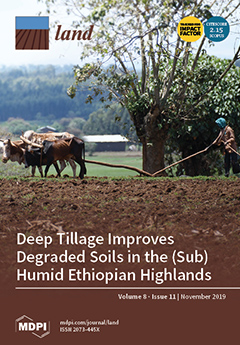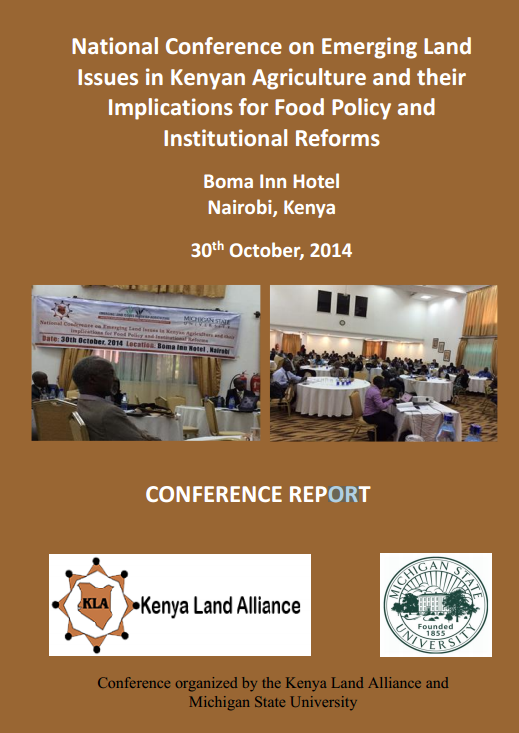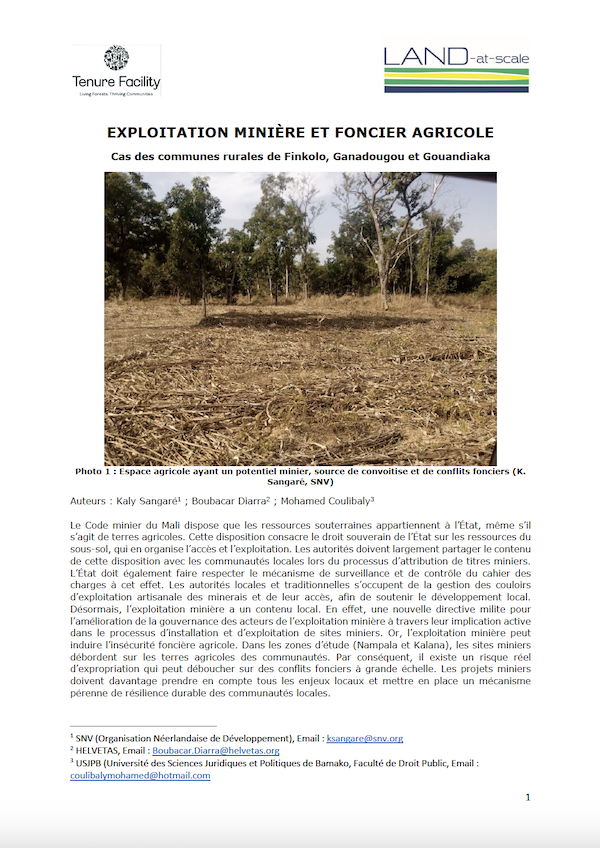Law, Violence, and Property Expropriation in Syria: Impediments to Restitution and Return
After eight years of civil war, parts of Syria are now free from conflict. In recognition of the return to peace, the government officially welcomes back all who fled the country to escape violence. Yet, a pattern of property expropriation supported by the government during the war limits the ability of some to return and reclaim their homes and businesses.





